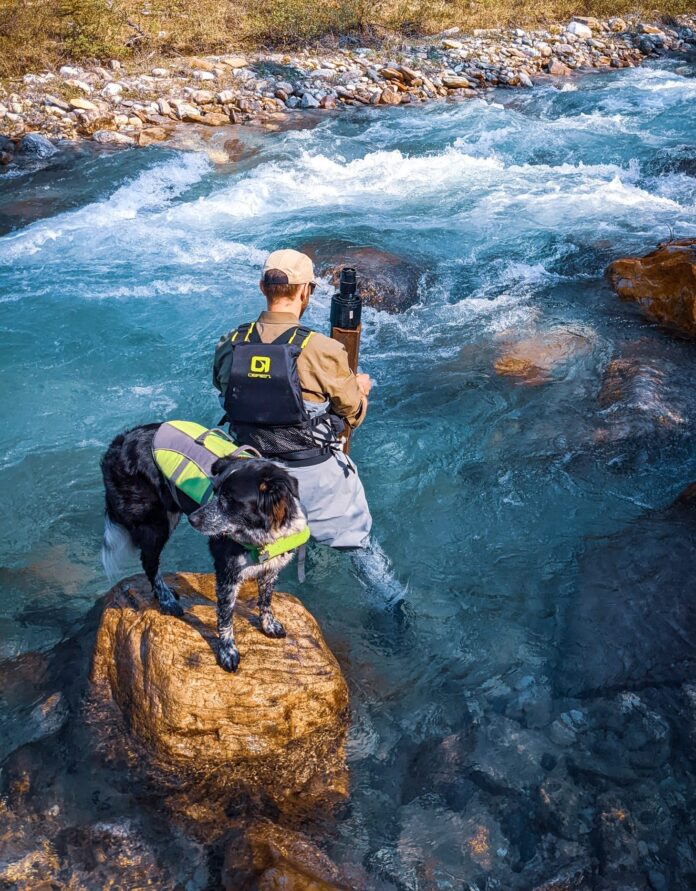Climate change is having a drastic impact on local waterways, an ongoing study finds.
Living Lakes Canada is continuing its work to investigate the condition of the Kootenay region’s watersheds.
“As impacts of heat waves, long periods of drought, out-of-control wildfires, low flows in rivers and streams, and receding glaciers compound year after year, the water security that humans and ecosystems rely on in this region is coming under threat,” said Living Lakes Canada officials.
The organization is working on a network of monitoring stations around the Columbia Basin to better understand what is happening to local water sources.
Paige Thurston, Columbia Basin water monitoring framework program manager said preliminary data has been coming in.
“Across the region, we saw lower-than-average snowpack, followed by higher-than-average spring and summer temperatures,” said Thurston. “That led to us seeing snow-free conditions earlier than typically recorded.”
The ramifications of the winter snowpack have been felt throughout the season.
“The impact of that lower-than-average snowpack and early melt led to lower streamflows than is typical,” explained Thurston.
The region’s glaciers have also been impacted by this year’s higher temperatures.
“As glaciers melt, water travels beneath the glacier and collects fine glacial sediment. This is what makes mountain rivers and streams cloudy, or turbid,” explained Living Lakes Canada officials.
“Extreme turbidity and high flows observed at Delphine Creek in July demonstrate the volume of glacial meltwater impacting the creek.”
“As glaciers in the Columbia Basin continue to recede and disappear, continued monitoring will allow us to track the changing contributions from glacially-fed streams to water systems,” continued Living Lakes Canada.
Thurston said this is a direct result of climate change.
“The impacts of these climate conditions and this drought are especially tangible this year,” said Thurston. “Most projections of what climate change will look like and how it will manifest in this region point to events like this becoming more common.”
Living Lakes Canada officials said their findings will be used to track changes over time and help address gaps in government-run networks.







